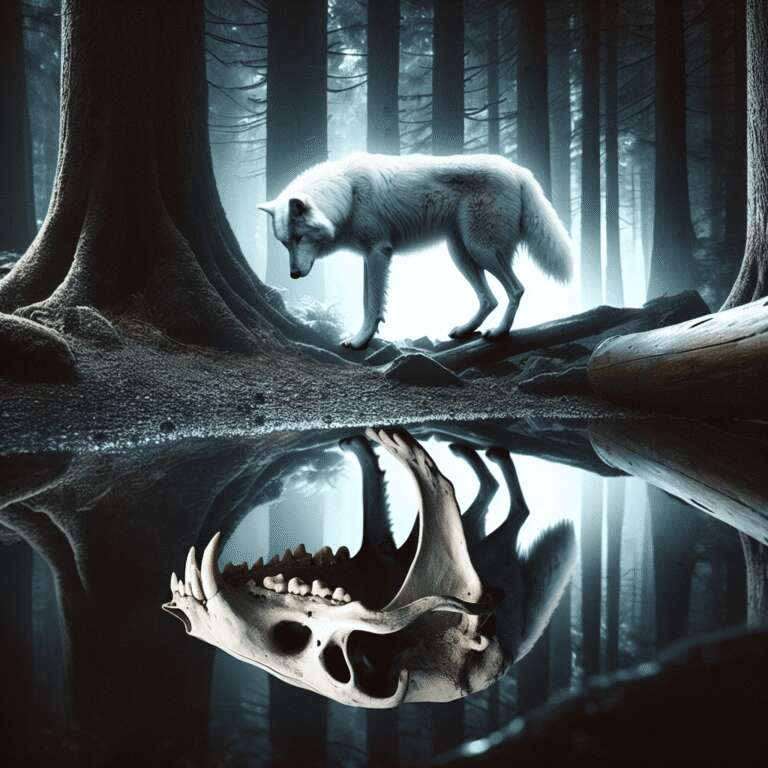Somewhere in the northern US, a large preserve houses three genetically engineered wolves, introduced by Colossal Biosciences as dire wolves, a species said to have gone extinct 13,000 years ago. This controversial project claims to use biotechnology to revive these ancient canines, using gene editing and cloning techniques on gray wolves, although critics argue the extent of de-extinction achieved.
The Texas-based startup, known for its ambitious attempts to resurrect woolly mammoths and other extinct species, has raised eyebrows with these wolves, which are genetically modified to have certain dire wolf traits and a striking snow-white appearance. However, some scientists dispute the accuracy of calling these modified creatures true dire wolves, citing significant evolutionary differences and incomplete genetic modifications.
The controversy underscores a larger debate over de-extinction and the utility of such technological advances for conservation purposes. Colossal Biosciences aims to draw attention to biotechnological conservation efforts, although the role of their dire wolves remains undefined, as company founder Ben Lamm insists there is no profit motive or public display plan for these animals.

